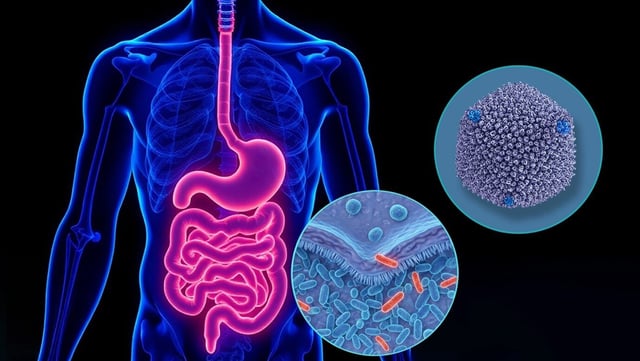Overview
- The University of Liverpool–led study, published Oct. 1 in Science Advances, details the stepwise construction of ethanolamine-utilizing bacterial microcompartments.
- Experiments show the protein shell forms first and enzymes are packaged afterward, with the linker protein EutQ required to capture cargo inside the compartment.
- Deleting EutQ disrupts assembly and severely impairs bacterial growth, underscoring its central role in ethanolamine metabolism.
- Inside the compartments, enzymes behave as dynamic, liquid-like condensates that appear to enhance metabolic efficiency.
- Using super-resolution imaging, genetics, structural and biochemical assays, and modeling, the team mapped protein roles in Salmonella and flagged targets for antimicrobial and synthetic biology efforts, with further studies planned across other bacteria; funding came from BBSRC with collaborators in China.
